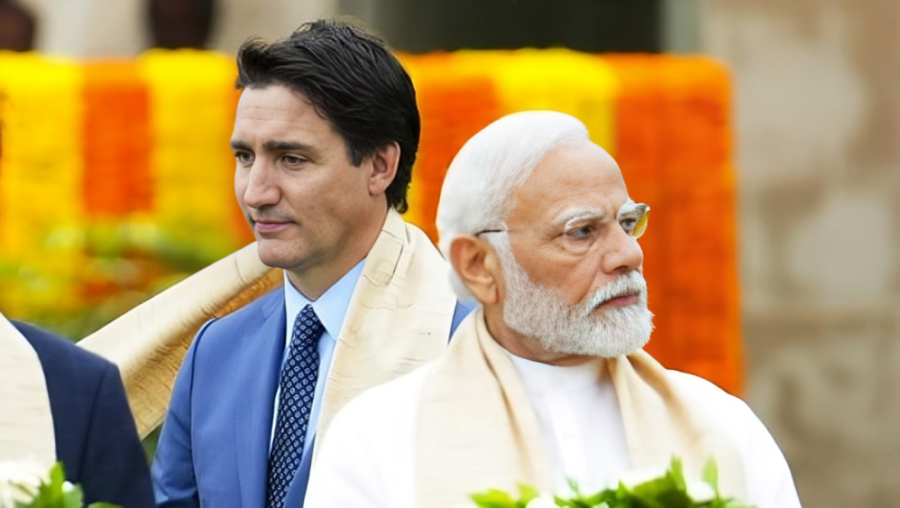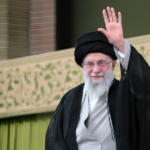The Ministry of External Affairs stated that senior Canadian officials have openly admitted that the Trudeau administration is actively attempting to sway global perceptions against India.

The Canadian government, under Justin Trudeau, has included India on its list of enemy countries.
New Delhi: In a significant escalation of diplomatic tensions, the Canadian government, led by Prime Minister Justin Trudeau, has labeled India a “cyber adversary” in its latest cyber security report. This move has drawn sharp criticism from New Delhi, which accuses Canada of attempting to manipulate global perceptions against India.
At a press conference today, a spokesperson from the Ministry of External Affairs (MEA) stated that Canadian officials have openly admitted to their intentions of swaying international opinion negatively towards India. According to Randhir Jaiswal, this characterization of India as a cyber threat lacks substantive evidence and reflects a broader strategy by Canada to undermine India’s reputation on the global stage.
Canada’s Allegations Unveiled
The report, titled National Cyber Threat Assessment 2025-2026, claims that India’s government is actively developing a sophisticated cyber program with capabilities that could potentially include espionage and counter-terrorism operations. The Canadian government argues that India leverages commercial cyber vendors to bolster its cyber capabilities.
Specific allegations outlined in the report suggest that state-sponsored cyber actors from India are conducting operations against Canadian government networks. The report asserts that as countries like India aim to assert themselves as emerging global powers, their cyber initiatives pose various threats to Canada’s national security.
Increasing Diplomatic Tensions
Adding to the discord, the Trudeau administration has been accused of infringing upon established diplomatic norms, subjecting Indian diplomats in Canada to extensive surveillance and intimidation. The MEA has denounced these actions as a blatant violation of international diplomatic protocols, emphasizing that Indian officials are under constant monitoring.
The Ministry’s statement highlighted that Indian diplomatic personnel have reported being subjected to audio and visual surveillance, with their communications being intercepted. New Delhi has lodged formal protests against these intrusions, labeling them as unacceptable violations of diplomatic conventions.
Trudeau’s Controversial Stance
The current diplomatic rift between India and Canada marks one of the most severe disputes in recent history. Critics have pointed fingers at Trudeau, alleging his government’s support for extremist elements within Canada, particularly those aligned with the Khalistani movement. His participation in rallies and public support for anti-India sentiments have fueled accusations that his administration is leveraging these issues for domestic political gain.
As both nations navigate this fraught landscape, the potential for further escalation remains high. The MEA’s firm stance on Canada’s unfounded allegations underscores the increasing complexities of international relations in the digital age.
Conclusion
The ongoing tensions reflect a broader struggle over national narratives in the face of cyber threats. As India continues to assert its position on the global stage, the situation with Canada serves as a crucial reminder of the intricate balance of diplomacy, security, and international relations in today’s interconnected world.












